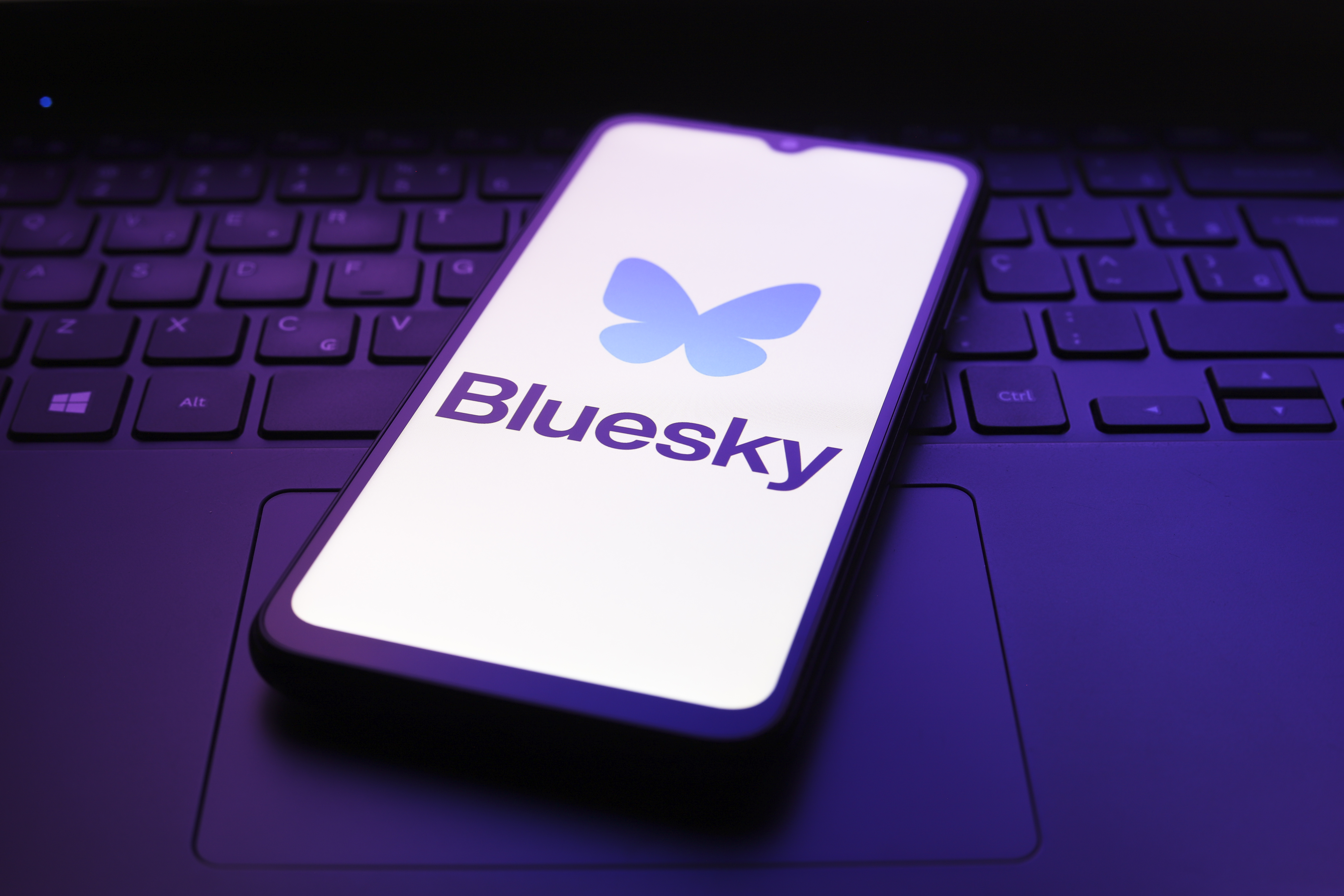According to data from the Federal Trade Commission, job scams have nearly tripled since the start of the COVID-19 pandemic.
In the first nine months of 2023 alone, the FTC fielded nearly 61,000 complaints, which cost victims more than $186 million.
"We know a lot of job seekers are in the market for new opportunities," explained Francisco Tobin, a career expert at LinkedIn. "We've also seen a rise in fraudulent activity, fake accounts."
In today's digital age, the internet offers an endless amount of job possibilities, but not all are what they seem. Scammers are preying on people who need to find work.
"Some of them are desperate," Tobin said. "Some of them are looking very proactively. And they're [overlooking] some of the warning signs, some of the red flags."
LinkedIn, one of world's largest professional networks, is a great place to start a job search. But scammers are in the mix, creating fake accounts, making fake job offers and posing as job recruiters.
According to LinkedIn's latest transparency report, its automated defenses blocked 90% of fake accounts created in the first six months of last year. In total, 99.7 % of the fake accounts were stopped before a user reported them.
U.S. & World
Criminals may pose as employees of government agencies, legitimate organizations or post a fake job listing. They can end up stealing your bank account information or identity.
"Our manual team of human experts that work around the clock, to be able to identify these different types of trends, different types of scams, different types of technology that these bad actors are using, to take advantage of victims," Tobin said.
To fight identity theft and fake job postings, LinkedIn launched a free verification service April of last year for users and companies to use. By October, over 18 million profiles were verified. The service is available to most users and companies. It can also verify job postings — that means there is information about the company that has been confirmed by LinkedIn or information about the job poster that has been confirmed by LinkedIn.
Tobin went over what red flags users should look out for.
"If somebody asks you for money off the bat … Anybody that tries to move the conversation off LinkedIn to another platform … Offers that sound too good to be true … Or if you just do one interview, and all of a sudden, you got the job," explained Tobin.
The FTC also warns consumers to be suspicious if you're offered a job without an interview. And if you get a check before you start a job and are asked to use the money to buy supplies, it could be a scam.



